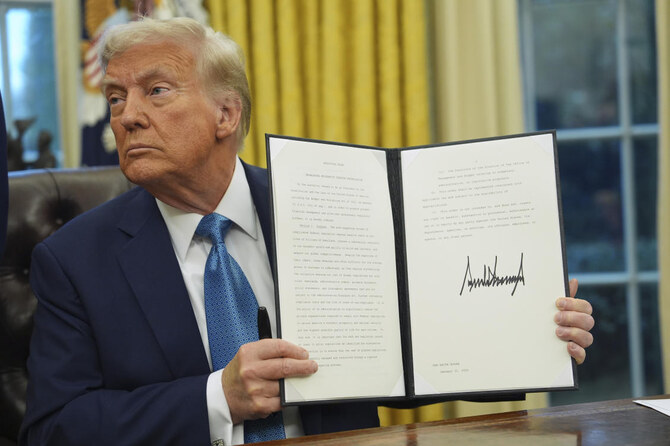Trump Administration Urges Supreme Court to Expedite Ruling on Challenge to Tariff Repeal

In a new development regarding the tariffs imposed by the United States, President Donald Trump's administration requested the U.S. Supreme Court to rule "urgently" on the appeal against a lower court ruling that deemed these tariffs illegal, according to the "Associated Press".
The official request submitted on Wednesday stated that the Trump administration asked the Supreme Court to set a date for considering the acceptance of the case by September 10, and if the court agrees to hear the case, to hold hearings by early November.
For his part, President Trump commented on the developments, telling reporters at the White House: "We have reached an agreement with the European Union where they will pay us nearly a trillion dollars. You know? They are happy. It’s done. All these deals are finished.. I think we will have to cancel them."
Trump warned that losing the lawsuit would cause "great suffering" for the United States, according to "Reuters", threatening that the U.S. might have to "cancel" trade agreements made with the European Union, Japan, South Korea, and others if it loses the tariff case.
This response comes after a new judicial blow to Trump, as a federal appeals court ruled to overturn several tariffs imposed by his administration, opening the door for companies to potentially recover billions of dollars paid during the trade war.
The court ruling suspended the tariffs until October 14, raising a state of anticipation and confusion within the shipping and supply chain sectors, amid uncertainty regarding the fate of those tariffs collected by the federal government, which exceeded $142 billion since the beginning of the current fiscal year.
It is noted that these are Trump's first comments hinting at the possibility of revoking agreements with key trading partners if the Supreme Court upholds the ruling issued last week.
Economists have warned that tariffs are likely to lead to increased inflation in the United States, pointing out that these tariffs are paid by importers in the U.S. and not by companies in the countries of origin, contrary to what the Trump administration promotes.